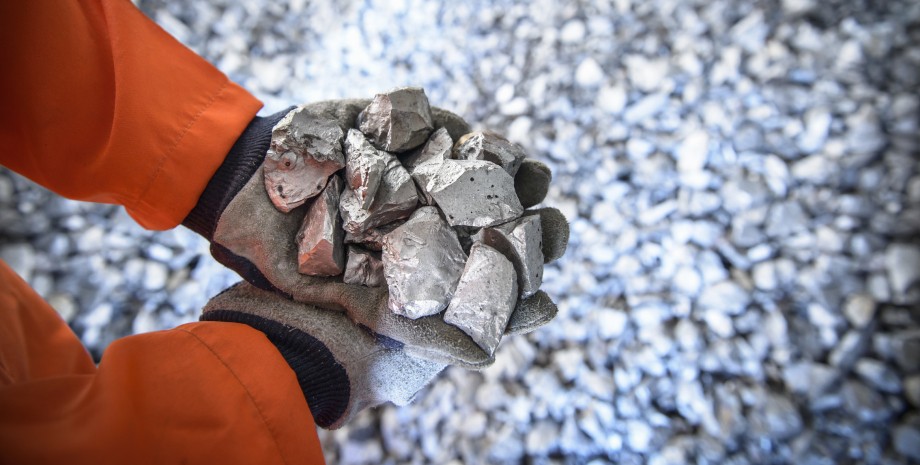
 By Eliza Popova
By Eliza Popova
This was stated by the President of OP "Ukrmetalurgprom" Alexander Kalenkov during a speech at the Fair Play International Conference in Kiev, organized by the Presidential Office. It was attended by President Volodymyr Zelensky, OP OP Andriy Yermak, Foreign Minister Andriy Sibiga, Special EU Entertainment on Sanctions in connection with the Russian armed aggression against Ukraine David Oysalivan.
Kalenkov stressed that the Metallurgical Sector of the Russian Federation is one of the largest donors of the Russian budget after energy. Metallurgy provides more than 5% of Russia's GDP and has a powerful multiplicative effect - according to available data, one place in metallurgy provides 8. 5 places in related industries.
Moreover, enterprises of Russian metallurgy produce specialized steel for the military-industrial complex of the Russian Federation, in particular the transformer, which is used in the production of military equipment and missiles. "It is difficult to imagine the functioning MIC of the Russian Federation without successful metallurgy. Therefore, sanction policy in this area is very important," he emphasized.
He also recalled that in March 2022, the European Union, the United States and the United Kingdom began to impose sanctions on Russian metallurgy. But the Kremlin is avoiding a complete prohibition due to the delay and exceptions that have locked individual EU member states.
In particular, due to the position of Belgium in 2022, sanctions did not include a full ban on importing Russian steel, and due to the position of the Czech Republic in 2023 the permission to import slabs from the Russian Federation was extended by at least 2028. The key role in this process is played by the branches of Russian metallurgical companies in Europe, since they are the main consumers of cheap semi -finished products from the Russian Federation.
These companies are advantageous, saving from 50 to 100 euros per tonnes of slabs produced in the Russian Federation using cheap gas and electricity. This distorts the EU competitive market, where many companies have already deliberately refused to buy Russian cast iron and slabs. In addition, Russian manufacturers are consciously manipulating information about the ability to replace semi-finished products from Russia with products from any other country.
"We are faced with the fact that the governments of individual European countries decide on the need to delay sanctions based on information from Russian lobbyists, which is not true," Kalenkov said. He mentioned that in 2023 they convinced the Czech Ministry of Economy in the technical impossibility of changing the supplier of slab, although it was not true. "We can find a decision together so that companies in the EU do not become hostage to Russian oligarchs.
It lies not only in the plane of sanctions, but also in the plane of trade policy," Kalenkov said, in the opinion of which it is necessary not only to impose sanctions against Russian steel, but also to refer to the mechanisms of trade.










All rights reserved IN-Ukraine.info - 2022